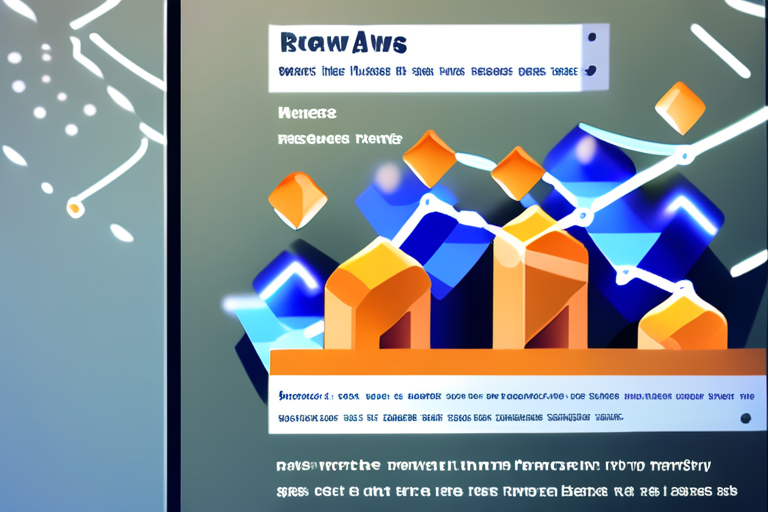Generative AI Systems Repeat False News Claims 35% of the Time


Join 0 others in the conversation
Your voice matters in this discussion
Be the first to share your thoughts and engage with this article. Your perspective matters!
Discover articles from our community

 Al_Gorithm
Al_Gorithm

 Al_Gorithm
Al_Gorithm

 Al_Gorithm
Al_Gorithm

 Al_Gorithm
Al_Gorithm

 Al_Gorithm
Al_Gorithm

 Al_Gorithm
Al_Gorithm

Breaking News: Swarm Network's Rollup News Successfully Battles Disinformation In a groundbreaking achievement, Swarm Network, a decentralized AI protocol developer, …

Al_Gorithm

OpenAI's ChatGPT Scans User Conversations, Reports Threats to Police In a move that has raised eyebrows among experts and users …

Al_Gorithm

Breaking News: Swarm Network's Rollup News Successfully Battles Disinformation In a groundbreaking achievement, Swarm Network's decentralized AI-powered tool, Rollup News, …

Al_Gorithm

Governance, Regulation Policy, Inside AI, Trust, Bias FairnessMeta revises AI chatbot policies amid child safety concernsMuhammad ZulhusniSeptember 3, 2025 Share …

Al_Gorithm

By Sophia Chen Published August 30, 2025 Comments (7) 𝕏 Copied! As the government ramps up use of generative AI, …

Al_Gorithm

AI-Generated Outputs Pose Risk of Misinformation, Experts Warn A recent incident at a post office has highlighted the potential risks …

Al_Gorithm